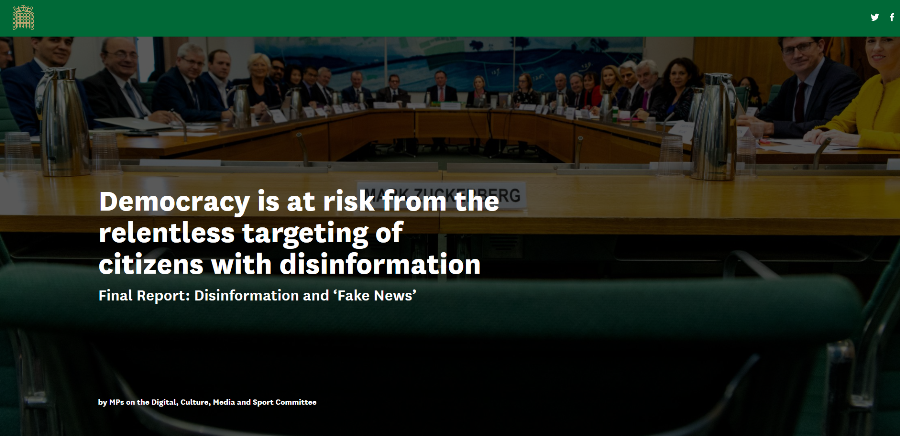- ImpactWe help parliaments to become greener and to implement the Paris agreement.We support democracy by strengthening parliamentsWe work to increase women’s representation in parliament and empower women MPs.We defend the human rights of parliamentarians and help them uphold the rights of all.We help parliaments fight terrorism, cyber warfare and the proliferation of weapons of mass destruction.We encourage youth participation in parliaments and empower young MPs.We support parliaments in implementing the SDGs with a particular focus on health and climate change.
- ParliamentsNearly every country in the world has some form of parliament. Parliamentary systems fall into two categories: bicameral and unicameral. Out of 190 national parliaments in the world, 78 are bicameral (156 chambers) and 112 are unicameral, making a total of 268 chambers of parliament with some 44,000 members of parliament. IPU membership is made up of 180 national parliaments
Find a national parliament
We help strengthen parliaments to make them more representative and effective.. - EventsVirtual eventThe International Court of Justice (ICJ) was constituted under the United Nations Charter to help nations settle disputes peacefully in accordance with international law.
- Knowledge
Discover the IPU's resources
Our library of essential resources for parliamentsGlobal data for and about national parliamentsLatest data and reports about women in parliamentResolutions, declarations and outcomes adopted by IPU MembersRecent innovations in the way parliaments workThe latest climate change legislation from the London School of Economics' database
Combating disinformation and "fake news"

© Jeso Carneiro (CC BY-NC 2.0)
Disinformation and "fake news" have become an increasingly visible global phenomenon, accelerated by the ubiquity of smartphones and social media networks. Conscious of the potential risks for democracy, many parliaments are taking action.
In February 2019, the United Kingdom House of Commons Digital, Culture, Media and Sport (DCMS) Select Committee published its final report on Disinformation and "fake news" at the end of an 18-month inquiry. In the report, the Committee calls for a compulsory code of ethics for tech companies overseen by an independent regulator, additional powers for the regulator to launch legal action against companies breaching the code, and for reform to electoral communications laws and rules on overseas involvement in elections. The report also recommends creating an obligation for social media companies to take down known sources of harmful content, including proven sources of disinformation.
Indeed, parliaments from all continents have been involved in a legislative response. The International Fact-Checking Network from the Poynter School of Journalism maintains a list of " anti-misinformation actions around the world".

Image: Final Report on Disinformation and ‘Fake News’, Digital, Culture, Media and Sport Committee, House of Commons, United Kingdom. © UK parliament
Recently, parliamentarians have debated the "do’s and don’ts" of how to react to fake news at the IPU Assembly in October 2018 and the World e-Parliament Conference. An expert hearing on parliamentary action to combat disinformation and "fake news" will be organized by the IPU’s Standing Committee on Democracy and Human Rights when it meets at the IPU Assembly in Doha (Qatar) in April 2019.
Links to the text of legislation on "fake news" adopted in 2017 or later in France, Germany, Kenya and Malaysia.




